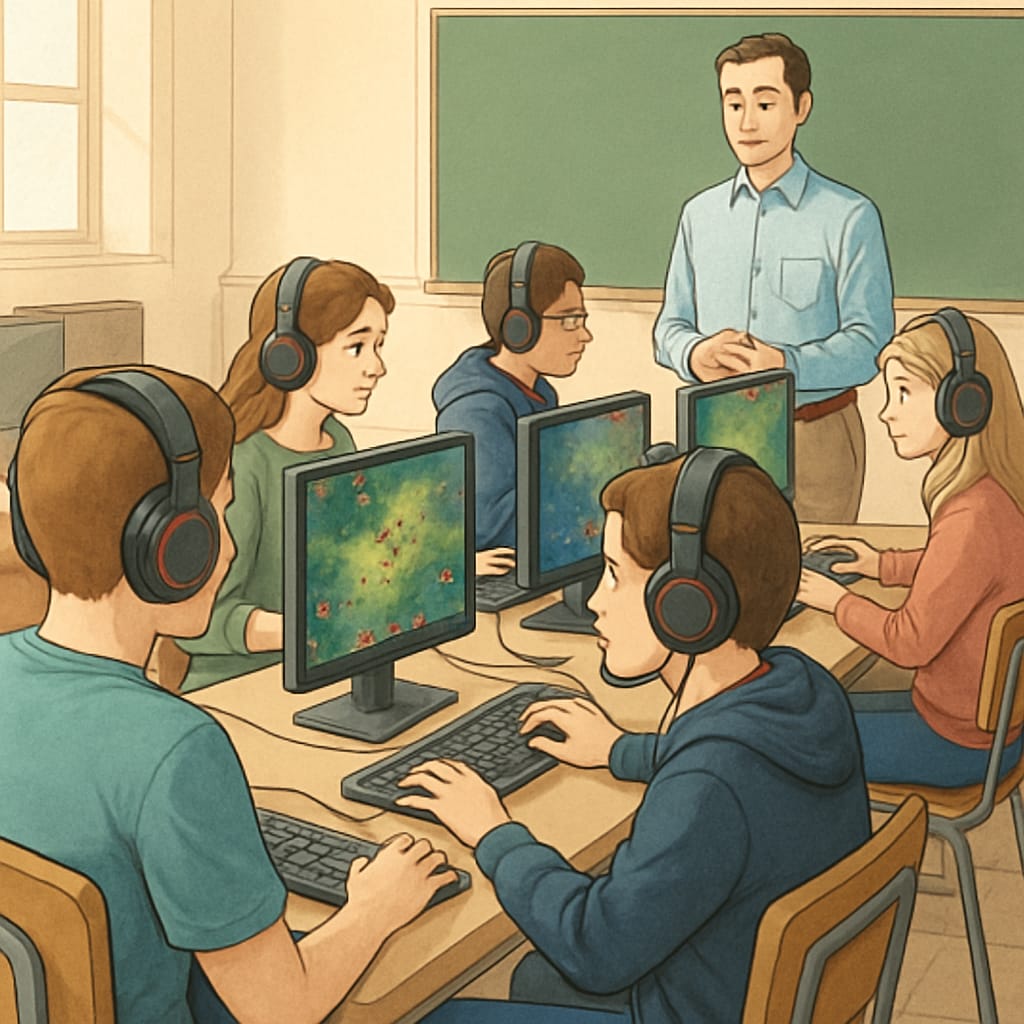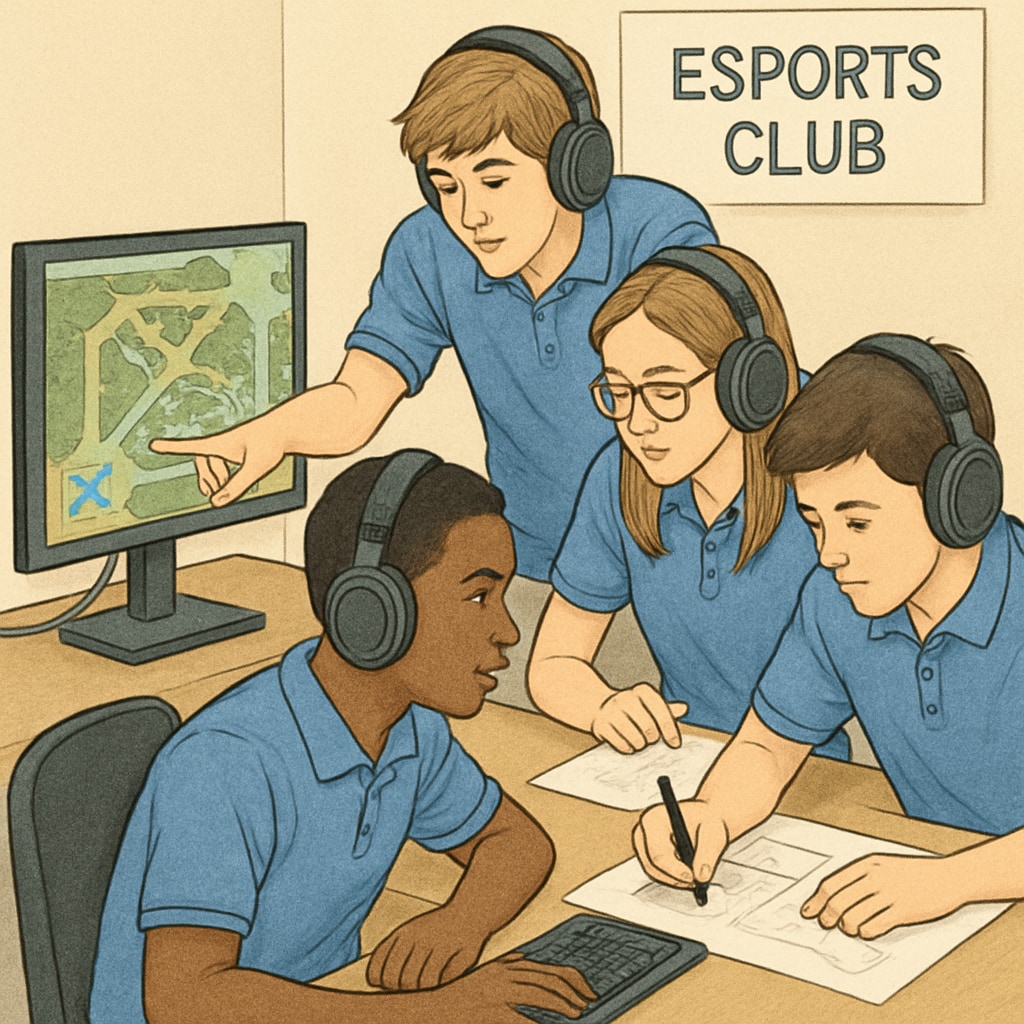Esports, gamified learning, and education are creating a groundbreaking synergy that is transforming traditional classrooms. GameClass’s strategic partnership with the North America Scholastic Esports Federation (NASEF) is paving the way for an innovative K12 learning model that integrates esports into education. With over 9,000 esports clubs worldwide, this initiative aims to deliver engaging and effective learning experiences for students, combining the excitement of gaming with the rigor of academic development.

The Role of Esports in Modern Education
Esports has rapidly evolved from entertainment to a tool for skill-building and education. Schools globally are recognizing its potential to develop critical thinking, collaboration, and problem-solving skills in students. For example, esports tournaments require teamwork and strategy, mirroring real-world challenges that students face in professional environments. The integration of esports into K12 education isn’t just about gaming; it’s about creating a platform for experiential learning.
Moreover, esports introduces students to career pathways in gaming, technology, and digital media. According to a Wikipedia article on esports, the industry is projected to grow exponentially, opening opportunities in areas like game design, streaming, and software development. By incorporating esports into education, institutions can prepare students for emerging fields.

Gamified Learning: Making Education Engaging
Gamified learning refers to the application of gaming principles—like rewards, challenges, and interactive storytelling—to educational contexts. GameClass leverages this concept by embedding academic content into gaming platforms, making subjects like math, science, and history more accessible and enjoyable for students. This approach not only boosts engagement but also enhances retention, as students learn through active participation rather than passive consumption.
In addition, gamified learning fosters a growth mindset. For instance, students who fail a challenge in a game are encouraged to try again, developing resilience and perseverance. A study highlighted on Britannica’s learning theory page suggests that interactive learning environments significantly improve cognitive skills, making gamification a valuable educational tool.
GameClass and NASEF: A Partnership for the Future
The collaboration between GameClass and NASEF is revolutionizing how educators and students view esports and learning. By integrating esports clubs into schools, this partnership creates spaces where students can apply academic concepts in practical, game-based scenarios. For instance, designing a game level might require knowledge of geometry, physics, and storytelling, blending multiple disciplines into one engaging activity.
Furthermore, these clubs provide a social environment where students can collaborate and communicate effectively. They also encourage inclusivity, as gaming transcends traditional barriers like gender, ethnicity, and socioeconomic status. The program’s global reach ensures that diverse communities benefit from this innovative educational model.
Readability guidance: Short paragraphs, clear transitions, and lists enhance the article’s accessibility. For example:
- Esports develops teamwork and critical thinking.
- Gamified learning boosts engagement and retention.
- GameClass and NASEF focus on inclusivity and practical education.
As a result, this model not only prepares students for academic success but also equips them with essential life skills.
The Future of Esports in Education
As the esports and education partnership grows, we can expect further innovations in gamified learning. Virtual reality (VR) and augmented reality (AR) are likely to play a significant role, offering immersive educational experiences. For example, students might participate in historical reenactments or scientific simulations within a VR game, merging entertainment with impactful learning.
Additionally, educators can use big data analytics from gaming platforms to assess student progress and tailor learning experiences. This personalized approach ensures that every student can benefit from the fusion of esports and education, regardless of their learning style.
Ultimately, the integration of esports into education is more than a trend—it’s a transformative movement that has the potential to redefine K12 learning globally.


